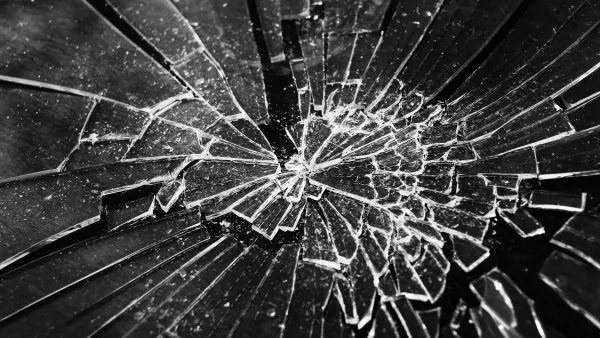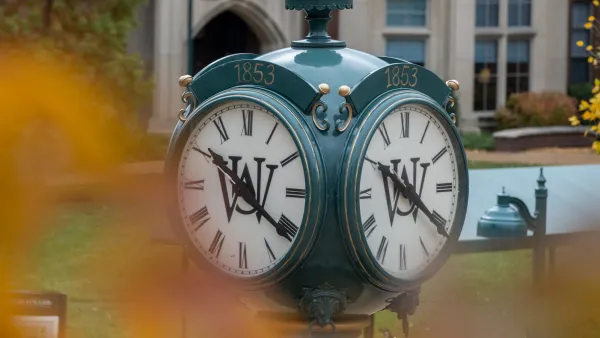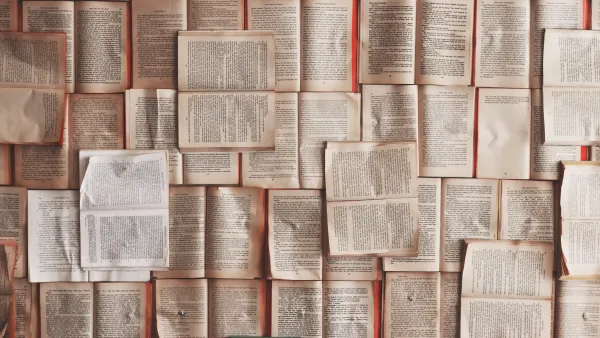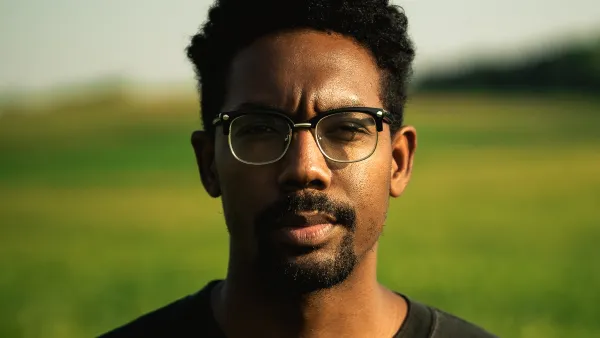Deniz Gundogan Ibrisim is a PhD Candidate in Comparative Literature and a Graduate Student Fellow in the Center for the Humanities.
Today, it might be fair to say that trauma is a big word and indeed a business. In fact, cultural critics have argued that we live in a trauma culture, defined by the valorization of suffering and victimhood. Colonized indigenous groups throughout the world, African-American diaspora, Armenian refugees, Kurdish refugees, Japanese-American survivors of internment camps, Holocaust survivors, migrants and refugees from worn-torn Syria, and many other cultural groups and communities share different violent and traumatic histories. These groups or individuals have tried to make sense of their identities and belonging in the ever-changing world.
Or currently, can we say that the stress and fear that have come from the COVID-19 pandemic, along with the dramatical individual and global loss and isolation, have the perfect ingredients for psychological trauma and post-traumatic stress disorder (PTSD)? The stress and grief that individuals have experienced in such short period of time from this pandemic is, of course, shocking, and this creates the disturbance of the usual systems of care and control, or connection and meaning experienced by the subject. We might experience traumatic stress and symptoms resulting from the pandemic exposure, and this might give way to PTSD symptoms (such as intrusive flashbacks, recurring dreams, and later echoes of the original traumatic event), which occur acutely, persist chronically, and appear belatedly.
Trauma, including one-time, multiple, or long-lasting and repetitive events, pierces the individual’s everyday protective stimulus and distorts his/her memory and identity. Trauma is a death of the subject, as Gabriele Schwab argues: “Trauma kills the pulsing of desire, the embodied self. Trauma attacks and sometimes kills language.” The traumatized subject then is bound to live as the living dead. Traumatic experience often undergoes speechless terror and cannot be organized on a linguistic level and thus becomes not only inaccessible but also irrepresentable. And yet, how do we make such experiences understandable and accessible? How do write what resists representation? More importantly, how may trauma be expressed beyond the severely split psyche and the living dead? What are the different ways to grasp the elusive traumatic event and thus expand and nuance the psychic impasse? My doctoral work is neither about pandemics at large nor about COVID-19, but is inspired by these questions. These questions have always followed me in my graduate studies and allowed me to think of the limitations of the narrow clinical conceptualization of trauma, its subject, and PTSD discourse in literature.
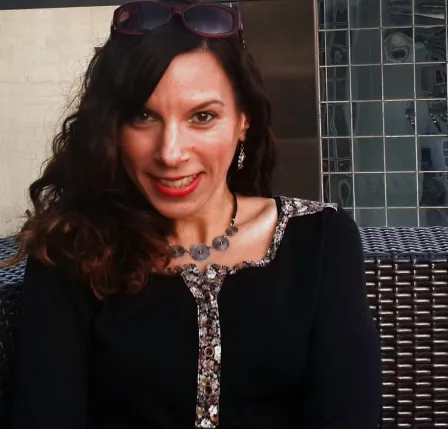
In my dissertation project, as a comparatist literary scholar, I turn to contemporary literature and examine trauma fiction from Anglophone postcolonial and post-Ottoman Turkish contexts. I examine trauma texts that push the discourse on the severely split psyche in new and exciting directions. Analyzing works by J.M. Coetzee, Achmat Dangor, Orhan Pamuk, Burhan Sonmez, and Anne Michaels, my project “Beyond Trauma: Towards a Posthumanist Poetics and Politics of Survival in Contemporary Anglophone and Turkish Literature” aims to construct a more capacious narrative for literary trauma by situating my work within trauma and memory studies, critical posthumanism, new materialism, and the affective turn. These theoretical frameworks provocatively allow me to advance an eco-material move beyond psychological universalism, to expand and complicate the existing scholarship on literary trauma.
From this insight, I introduce my concept of “traumatic survivance” and examine what it means to move beyond a mere survival and the traditional representations of psychic trauma in non-Western contexts in contemporary literature. With my proposed concept of “traumatic survivance,” I trace the dynamic, active condition of individual and cultural forms of being in the world and different modes of survivability immersed in a planetary sense. In this way, “traumatic survivance” addresses creative forms of survival in which human and nonhuman bodies are networked with each other as well as with technologies, practices, and disciplines. This concept, I propose, recognizes the vibrancy of matter, things, and the nonhuman in their socio-historical, socio-political context as “actors” whose subjective or agential capacities forge new bonds, or at the very least, break existing bonds.
This project offers an essential revision to timeless and psychoanalytically inflected understandings of trauma in literature. It seeks to bring in innovative maneuvers of survival that move beyond the perpetual troping of the psychic impasse and the suffocated voice/self. Indeed, I think this modality of trauma will become more crucial and imperative as we are all navigating through uncertainty for ourselves, our loved ones, and our communities amid the challenging situation and difficult “pandemic” times at present. In this way, perhaps, we could valorize “hope” as a “civic virtue” and as a minimum condition for democracy vis-à-vis matter of loss and victimization.
